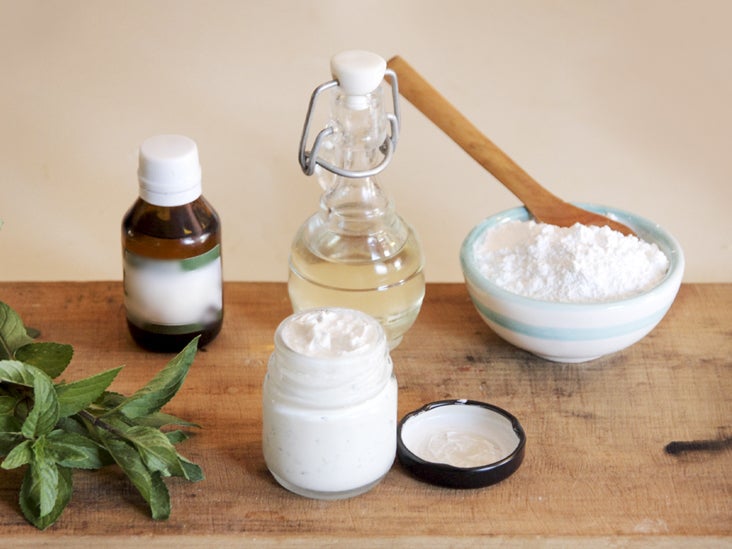Medically reviewed by Cynthia Cobb, DNP, APRN — Written by Scott Frothingham on March 12, 2020
Although there are some anecdotal reports that baking soda is an effective dandruff treatment, there’s no research to support that specific claim.
There is, however, clinical evidence that baking soda may damage hair and irritate the skin.
Keep reading to learn more about why some people use baking soda on their scalp and precautions to be aware of.
Why do people use baking soda for dandruff?
Although research hasn’t proven baking soda to be an effective treatment for dandruff, anecdotal evidence suggests that people have had some success with it.
Proponents of using baking soda for dandruff often cite the following studies to support their position, though the research doesn’t explicitly mention dandruff:
- A 2013 lab study indicated that baking soda has antifungal properties.
- A 2005 study of 31 people with psoriasis found that itchiness and irritation were reduced with baking soda baths.
Why can baking soda be bad for your hair and scalp?
According to a 2014 study, the pH level of the average scalp is 5.5. Typically, the hair shaft has a pH level of 3.67. Maintaining this balance is important for hair health.
The research also indicates that baking soda has a pH level of 9 and concludes that using shampoos with high pH levels can result in increased:
- cuticle damage
- frizz
- hair breakage
- irritation
Short-term effects
At first, baking soda may seem beneficial: It can remove buildup and dry out your scalp. But over time, it can irritate your scalp and strip your hair of its natural oils.
Long-term effects
The pH of your skin is important to its barrier function. If pH rises, it could result in water loss, making your scalp:
- dry
- sensitive
- less resilient









